
Malawi, Warm Heart of Africa, can you defrost my entitled Western soul?
Warmth is everywhere. Brick walls of a deep red ochre reflect the red soil, the red haze of dust, the glowing red of an early sunset. The contrast of verdant greenery against this backdrop startles me as much as do the brilliant white smiles that erupt in the faces of those who pass me by. Their kindness keeps me off-balance.

Driving through Lilongwe, Isaac apologizes for the state of the road: pavement that is pot-marked with occasional red dirt potholes; a scant few miles later it is a red dirt road pot-marked with occasional patches of pavement. We bump along, swapping details of our lives. Isaac is a subsistence farmer, like the vast majority of people in Malawi. He tells me about maize, about his side hustle as a driver, about his newborn son, about his impossible dreams of education, about the constant struggle to feed his family.
I tell him about my children, my grandchildren. I do not mention their privileged upbringing, higher education, lucrative careers, or plethora of life options. I do not need to; he knows.

We pass through village after village, then veer off the road to arrive at the administrative headquarters of the MB conference of Malawi. I pause to admire the sign. It assures me, “It’s okay; you are welcome, you belong here.” Conference minister Shadreck Kwendanyama is there, shaking hands, embracing strangers like me as if I were a long-lost sister. Other summit attendees have arrived and are there—Brazil, Canada, Austria, Germany, the United States, Philippines, Thailand, Latin America. My feet do an involuntary skip of joy with each recognized face. I clutch at the comfort of familiarity.

Around the circle she shakes hands, kisses cheeks, then stops at me. I clunk my way through a greeting and massacre her name. She throws her head back and laughs. “Call me Grace.” Inexplicably, I choke back tears. Where did that come from? Sleep deprivation after forty hours of travel? Or is there a Warm Heart virus infecting me?
Before long we are arm in arm, confiding secrets, playing with a six-month old child. She has welcomed me, and frozen fear melts into puddles of affection. How did she do that? I marvel.
Tell me, Chisomo Mwale, how do I become you? How do I attain to such grace, Grace? Looking around at the raw want and scarcity, I know that I do not really want to ask this question out loud. I do not really want to hear her answer.
I want a paved road to grace, not one ravaged by red dirt potholes.

And there it is, the answer to my unspoken question. It is within this context of brutal loss, trauma, and future- less-ness that true grace is forged.
These lives have passed through the fires of abuse, injustice, hunger, disease, violence and unrelenting poverty. Such fires would devastate most mortals, leaving nothing but ashes in their wake. Here, though, it has left glowing coals behind; the Warm Heart of Africa that is Malawi.
Instinctively, I pull closer to Chisomo Mwale. We hold hands, and I feel the slow burn of grace begin.

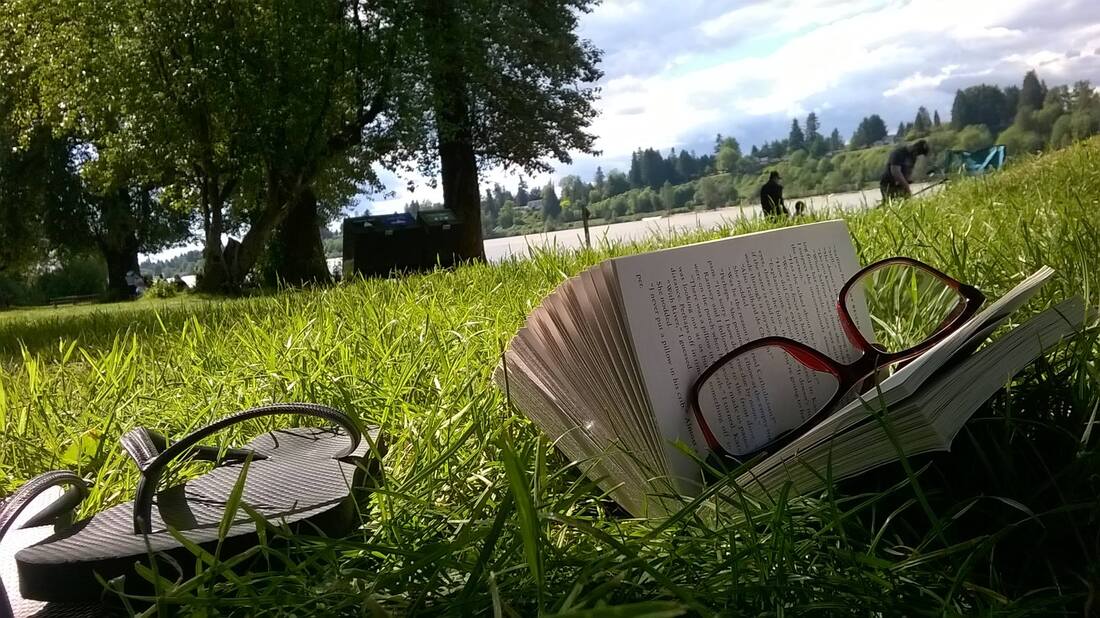
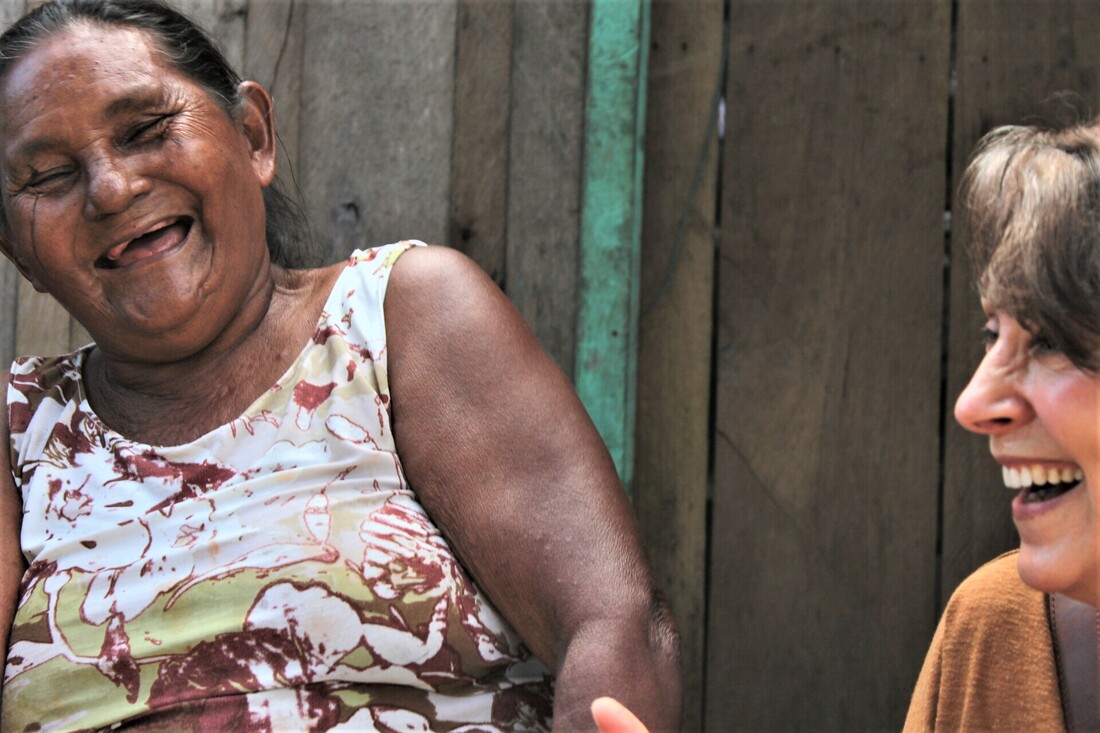
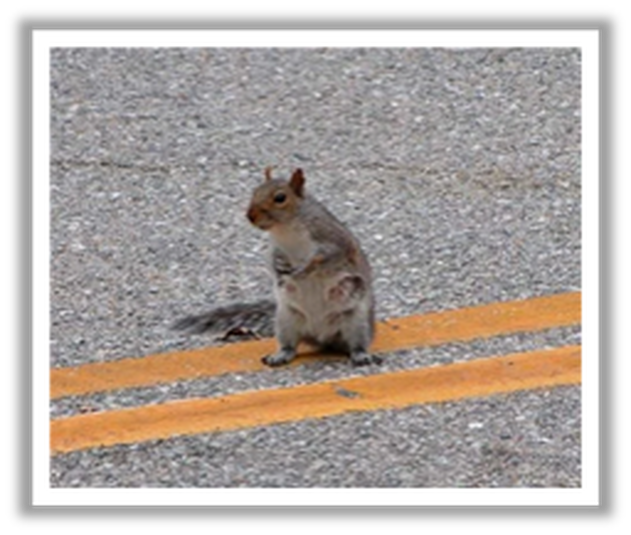




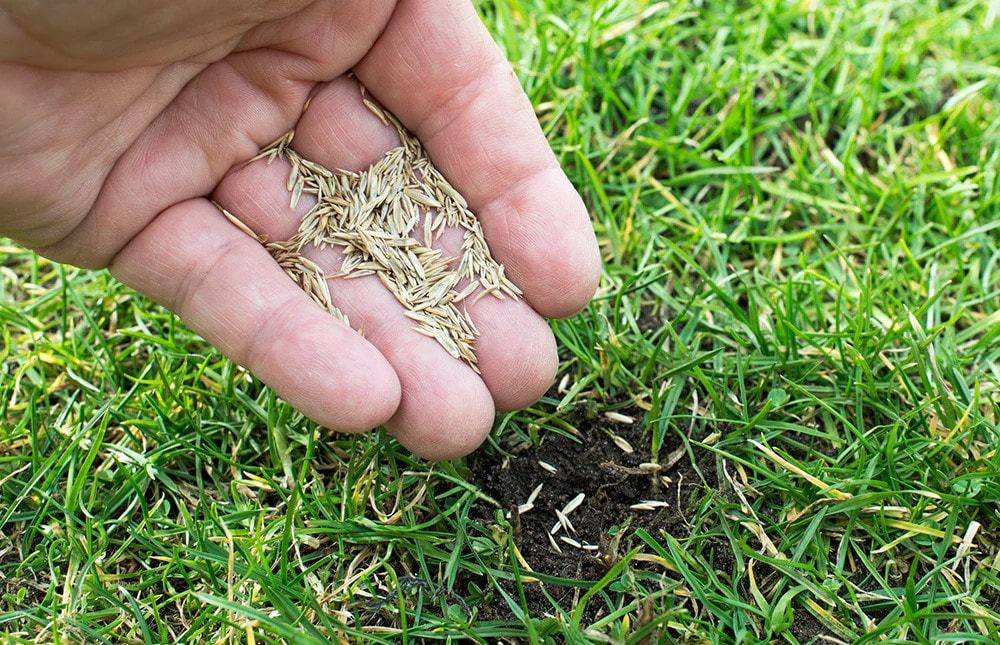
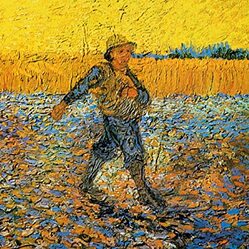
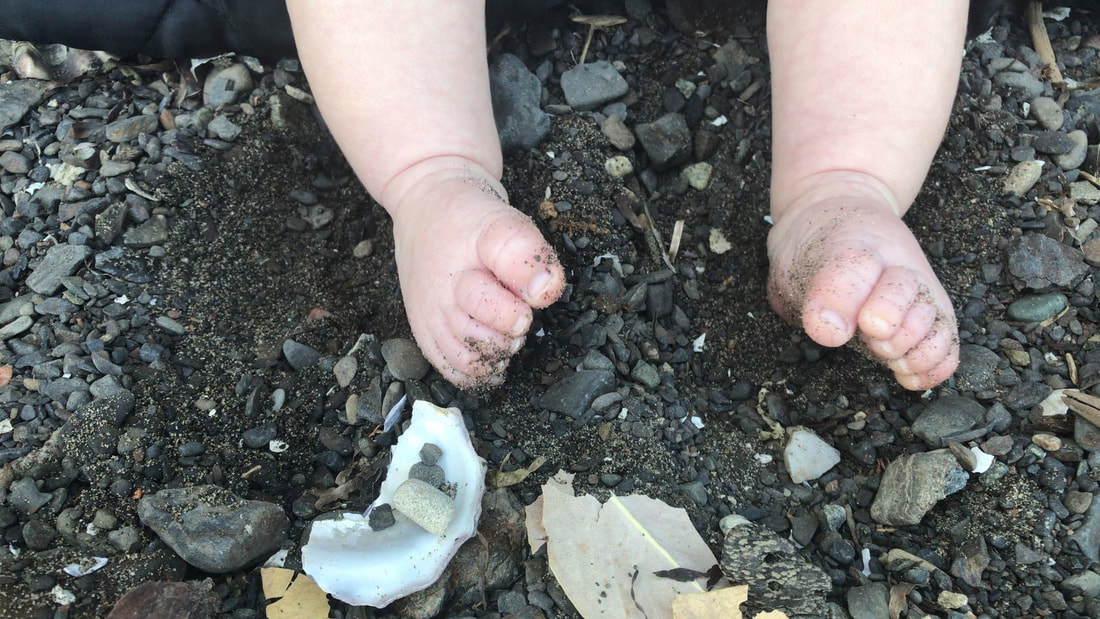



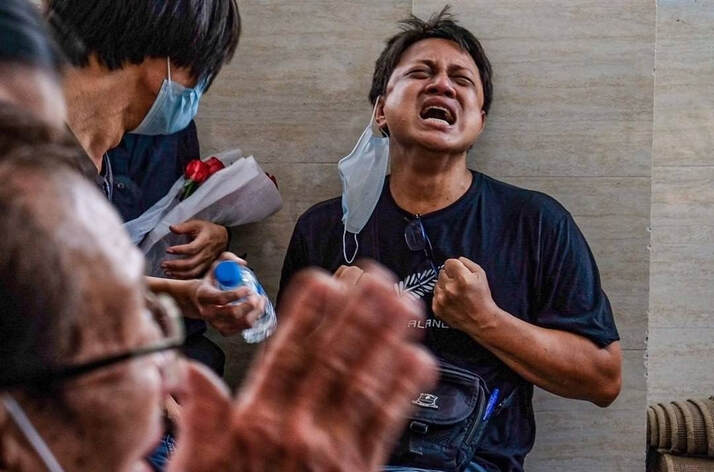

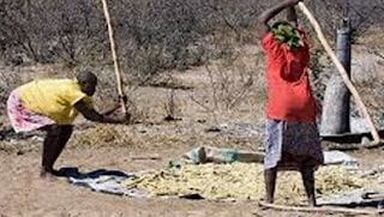




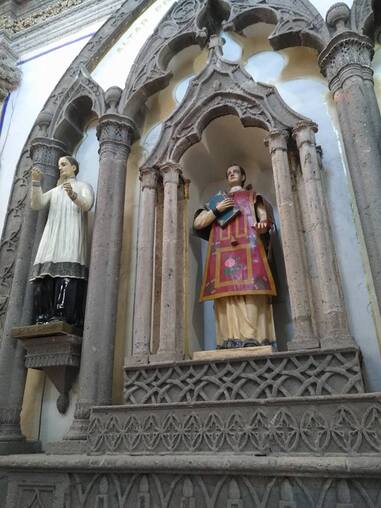
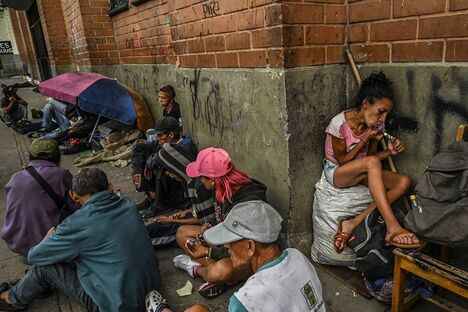
 RSS Feed
RSS Feed
